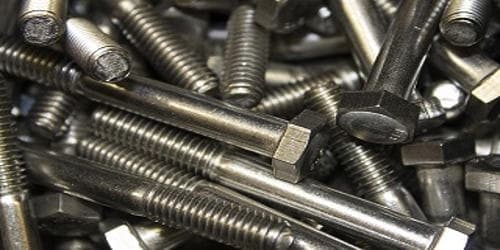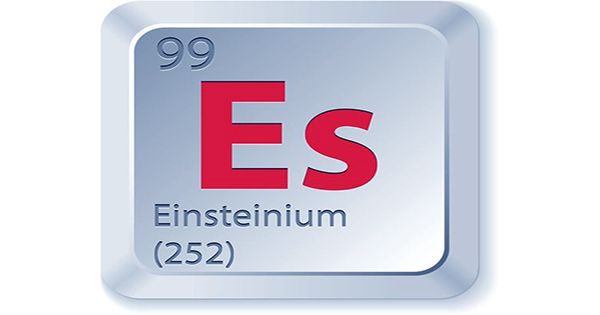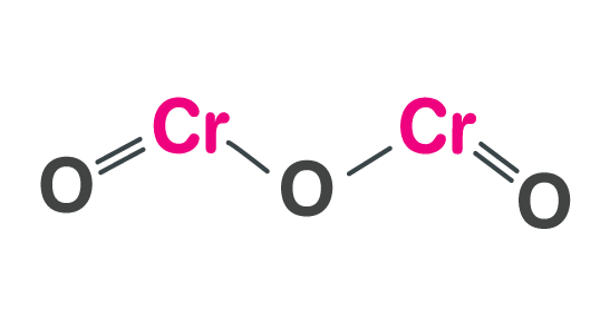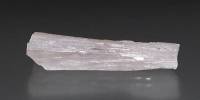Ferritic nitrocarburizing (FNC) is a thermochemical surface hardening process that involves diffusion of both nitrogen and carbon into the part. It is a range of proprietary case hardening processes that diffuse nitrogen and carbon into ferrous metals at sub-critical temperatures during a salt bath. Other methods of ferric nitrocarburizing include gaseous processes such as Nitrotec and ion (plasma) ones. It is a case-hardening technique that uses heat, nitrogen, and carbon to toughen up the exterior of a steel part, improving its durability, appearance, and corrosion resistance.
Nitriding is a popular case hardening technique renowned for the qualities it delivers at relatively low process temperatures. The processing temperature ranges from 525 °C (977 °F) to 625 °C (1,157 °F) but usually occurs at 565 °C (1,049 °F). Because the process is carried out at temperatures below 1100 F, retention of core properties and good dimensional control are achieved. The primary objective of ferritic nitrocarburizing treatment is to improve the anti-scuffing characteristics of components. At this temperature steels and other ferrous alloys are still in a ferritic phase, which is advantageous compared to other case hardening processes that occur in the austenitic phase. There are four main classes of ferritic nitrocarburizing: gaseous, salt bath, ion or plasma, and fluidized-bed. The method features the transfer via diffusion of carbon and nitrogen from the molten salt to the surface of a steel part.
Ferritic nitrocarburizing is applied to a wide range of engineering components, such as textile gears, rocker arm spacers, cylinder blocks, pumps, and jet nozzles, which are treated for wear resistance properties. The process is used to improve three main surface integrity aspects including scuffing resistance, fatigue properties, and corrosion resistance. An advantage of the salt bath nitriding process is that it’s carried out at lower temperatures than keep parts in the ferritic phase, leading to a reduced risk of distortion during treatment. It has the added advantage of inducing little shape distortion during the hardening process. This is because of the low processing temperature, which reduces thermal shocks and avoids phase transitions in steel. The process is more commonly applied to low alloy steels, mild steels, and cast irons, but can also be applied to any steel which is thermally stable at the treatment temperature.
FNC processing is becoming a more common alternative to coating processes that require improved mechanical properties and resistance to corrosion, often on plain-carbon and low-alloy steels. Common applications include spindles, cams, dies, hydraulic piston rods, and powdered metal components. FNC also has been used as an alternative process to solve problems with size change and distortion associated with higher temperature treatments like carburizing or carbonitriding. Benefits include: wear resistance, scuffing/seizure Resistance, improved fatigue, improved corrosion resistance, good surface finish, and minimal shape distortion.
















